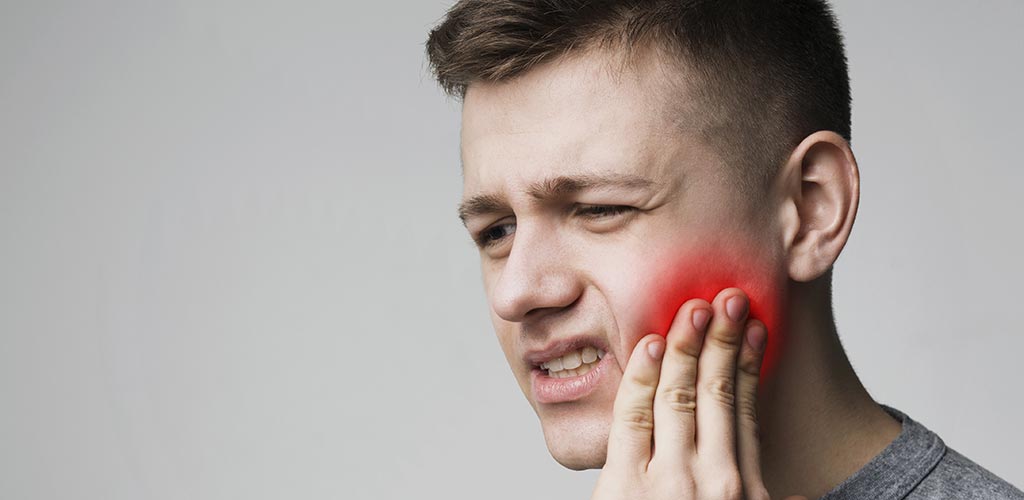Reducing the effects of Sleep Apnea Grinding

Have you woken up lately with sore jaw muscles, a headache or sensitive tender teeth? It may be a sign that you are grinding or clenching your teeth at night. It is a common problem for stressed adults. However, left untreated, grinding can lead to loss of tooth structure, headaches and sleep problems. Teeth grinding may be a result of stress as well as sleep apnea.
What is Sleep Apnea?
Sleep apnea occurs when the airway is blocked during sleep and breathing stops for a period of time. Sleep apnea causes stress on the airway which in turn creates stress on the body, which leads to teeth grinding. If left untreated sleep apnea can cause other significant health issues such as loss of tooth structure.
Tooth Structure Loss as a Result of Sleep Apnea
Over a period of time, you may notice your teeth appearing shorter as the height of the tooth has been worn away by grinding. A splint, also known as a night guard, can be created and worn to prevent further wear to your teeth.
Creating a splint is a simple, 15 minute procedure where your Dentist takes an impression of your teeth. We then create a comfortable splint for you in our laboratory ready for collection. If a splint is not suitable, we can also discuss our cosmetic injectables as an alternative treatment. Cosmetic Injectables aim to relax the muscles in the jaw area to reduce the amount of clenching force. This can take the load off the teeth to reduce grinding symptoms.
TMJ disorder (Temporomandibular Joint)
Your TMJ joint acts like a sliding hinge connecting each side of your jaw to your skull. TMJ disorder can cause pain in your jaw joint, neck and in your muscles that control jaw movement. When the jaw is injured or damaged localised pain occurs and pain can be felt in the ear as well as headaches.
What causes TMJ Disorder?
Causes of TMJ Disorder include injury to the teeth, misalignment of the teeth or jaw, teeth grinding, poor posture, stress, arthritis and gum chewing.
How do you treat TMJ Disorder?
TMJ can be treated in a number of ways including night guards, sleep guards and injectibles that relax the muscles. Dr. Martin can customize a solution that suits your needs.
Opening Hours
8am til late
Monday to Friday
Our Gold Coast Practice
1/50 Railway Street,
Mudgeeraba, QLD 4213
07 5530 3340
